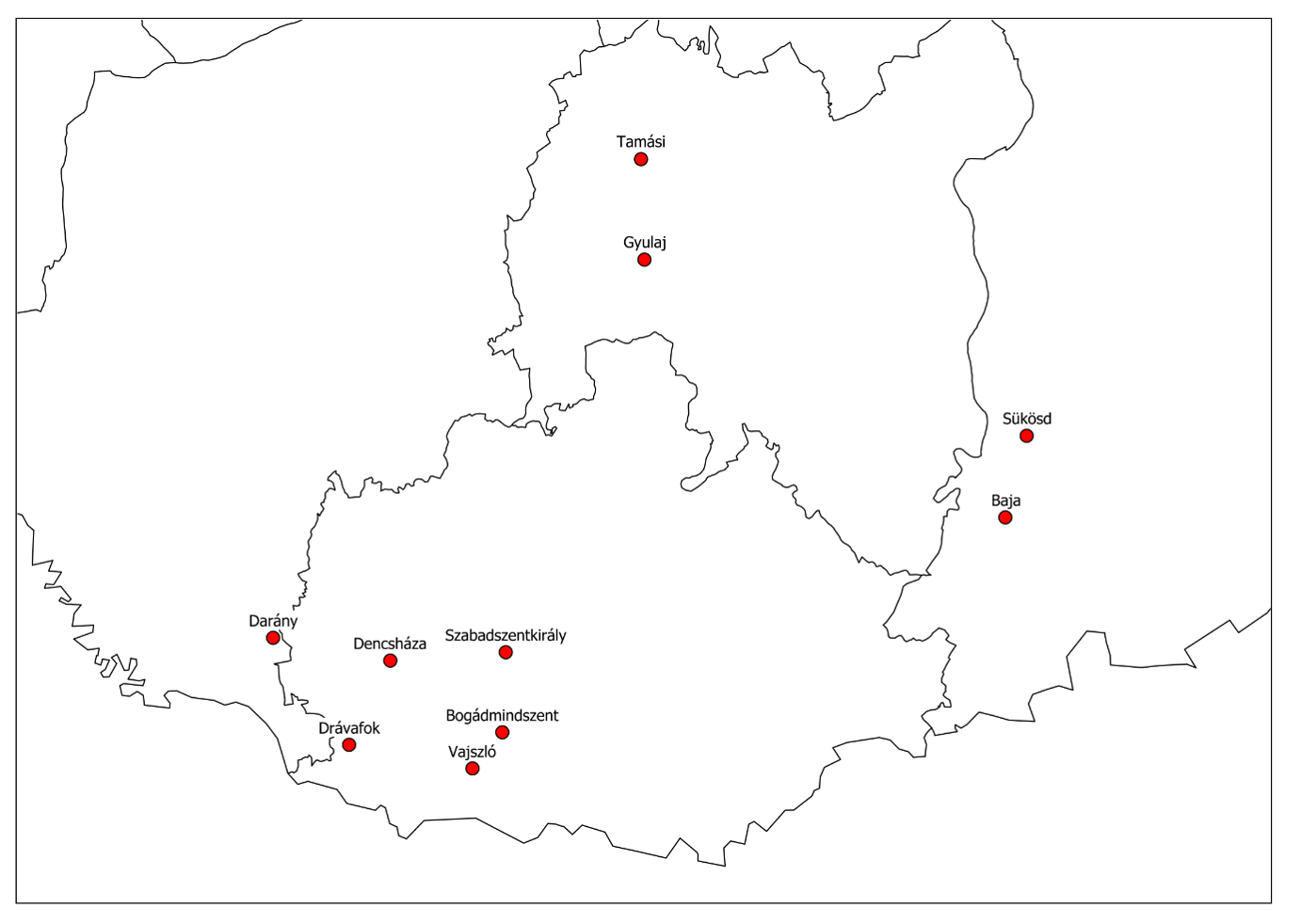
SCROLL DOWN FOR ENGLISH
OKTATÁSI ESÉLYEKÉRT!
PÁLYAORIENTÁCIÓS MENTORPROGRAM FEJLESZTÉSE ÉS ÉRTÉKELÉSE
A Magyar Tudományos Akadémia Közoktatás-fejlesztési Kutatási Programja1 keretében a Pécsi Tudományegyetemen működő Inkluzív Kiválóság Kutatócsoport2 támogatást nyert 4 tanévet felölelő tervei megvalósítására. Az „Oktatási Esélyekért” elnevezésű kutató-fejlesztő csoportunk3 az ELTE PPK kutatói mellett a PTE-n működő roma szakkollégiumokat, valamint az Arany János Programot működtető középfokú intézményt (Gandhi Gimnázium, Kollégium és AMI4) és annak általános iskolai partnereit (10 általános iskolát) vonja be a tervezett négyéves kutatási-fejlesztési munkába.
Egy komplex vizsgálat szerint5 az Arany János Programok fontos szerepet játszanak az oda járó hátrányos helyzetű tanulók iskolai sikereiben, lemorzsolódásuk megelőzésében. Az is láthatóvá vált, hogy ennek ellenére évről évre nehezebb a tanulók programba bevonása, miközben a makrostatisztikai adatok szerint az AJP-s iskolák vonzáskörzetében bőven találhatók felvehető hátrányos helyzetű tanulók. A beiskolázás nehézségében több ok is szerepet játszik. Vonzóbb a rövidebb iskolai út, a tanulási időszakban is jövedelmet hozó szakmatanulás, azonban éppen itt a legjellemzőbb a magas arányú lemorzsolódás. További akadály, hogy a középiskolába lépéskor már sok tanuló olyan hiányosságokat halmoz fel, hogy az érettségit támogató Arany János Programba vagy nem nyer felvételt, vagy lemorzsolódik a magas követelmények miatt. Szintén gátló tényező, hogy sem a diákok, sem a családok nem ismerik és így nem merik vállalni az érettségihez kötődő hosszabb tanulmányi utakat, lehetőségeket. Sokszor riasztó számukra a lakóhelytől távoli, kollégiumi elhelyezést igénylő továbbtanulási forma, amikor a diák „kiesik” a családból, melyben sokszor pénzkereső szerepet is betölt.
A beiskolázás nehézségének problémakörét látva a Kutatócsoportunk által tervezett kutatás- fejlesztés fő célja egy komplex általános iskolai pályaorientációs-mentorprogram kidolgozása, kipróbálása, beválásának mérése. A korai iskolaelhagyás megelőzését, megakadályozását vizsgáló kutatások kiemelten említik a mentorok szerepét, akik személyre szabottan tudnak a tanulói élethelyzethez, igényekhez igazodni, és segítő megoldásokat találni.
A pályaorientációs mentor – az erre kiválasztott általános iskolai tanár – hatodik osztálytól segíti, hogy az Arany János Programba és más középfokú intézménybe eljussanak a hátrányos helyzetű diákok, hogy ott aztán középfokú végzettséget szerezzenek. A mentori munka hatékonyságának mérése, modellszerű leírása és terjesztése Kutatócsoportunk alapvető célja.
1 https://mta.hu/kozoktatas-fejlesztesi-kutatasi-program/kozoktatas-fejle…
2 https://btk.pte.hu/hu/tudomany/kutatokozpontok/inkluziv-kivalosag-kutat…
3 Kutatásvezető: Varga Aranka (PTE), Kutatócsoport tagok: Fehérvári Anikó (ELTE), Kőszegi Krisztián (Roma Szakkollégium), Horváth Gergely (PTE), Jakab Natália (Gandhi Gimnázium)
4 http://gandhigimi.hu/)
5 https://pea.lib.pte.hu/handle/pea/23821
Konkrét tervek és ütemezés
|
2021/2022-es tanév |
A fejlesztés első lépése olyan köznevelésben dolgozó pedagógusok (8-10 fő) bevonása különböző dél-dunántúli általános iskolából, akik már eddig is sikeresen segítették a hátrányos helyzetű tanulók Arany János Programba való eljutását. Az ő tapasztalataikra, illetve a feltárt nemzetközi szakirodalmakra építve a mentorok feladatainak közös meghatározása, és a bevont pedagógusok célzott felkészítése történik. Ezzel egyidőben a középiskola (Gandhi Gimnázium) a pécsi egyetemi roma szakkollégiumokkal közösen kidolgoz egy olyan többéves programsorozatot, melybe csatlakozva az általános iskolások tudatosan készülhetnek a középiskolára, többek között az Arany János Programban való részvételre.
|
2022/2023-as és 2023/24-es tanév |
A fejlesztés folyamata során a mentorok a tanulókat pályaorientáló feladataikat iskolájukban végzik, és egyúttal rákapcsolódnak a középiskola által kínált programsorozatra. Tanévenként történik az elért eredmények értékelése, a tapasztalatok fejlesztő célú visszacsatolása. A fejlesztés mindvégig erősen épít a pedagógusok horizontális tanulására, vagyis olyan pedagógus műhelymunkát valósít meg, ahol tapasztalatcserére van lehetőségük. Így egyidejűleg valósul meg a tanulói körben végzett mentori munka és a tapasztalatok átadását szolgáló, pedagógusok közötti kölcsönös tanulási folyamat, ezzel is növelve a fejlesztés hatékonyságát.
|
2024/2025-ös tanév |
A fejlesztés utolsó szakaszában – a folyamatosan működő mentori munka és az ezt kísérő pedagógus tapasztalatcsere mellett – a fejlesztés modellszerű leírása történik a pedagógusok bevonásával az adaptálhatóság érdekében. Ezzel egyidőben különböző vizsgálatok zajlanak a fejlesztés hatásának mérésére. Emellett a fejlesztések eredményei bemutatásra kerülnek különböző pedagógus- fórumokon, beépülnek a tanár- és a szakvizsgás képzés kurzustartalmaiba a Pécsi Tudományegyetemen, továbbá publikációk és konferenciaelőadások születnek.
Összeállította:
Dr. Varga Aranka
kutatócsoport vezető
E-mail: varga.aranka@pte.hu
Telefon: 30/6323498
PTE BTK
For Educational Opportunitites!
Development and Evaluation of a Career Orientation Mentor Program
In the framework of the Public Education Development Research Program of the Hungarian Academy of Sciences1, the Inclusive Excellence Research Group2 operating at the University of Pécs won support for the implementation of its plans covering 4 academic years. Our research and development group called "Educational Opportunities"3 involves, in addition to ELTE researchers, Roma student society members operating at the University of Pécs (UP), as well as the secondary institution operating the Arany János Program (Gandhi Secondary School, Dormitory and Elementary School of Music4) and its primary school partners (10 primary schools) into the planned four-year research and development work.
Seeing the problem of the difficulty of enrolling in secondary schools, the main goal of the research and development planned by our Research Group is to develop, test and measure the success of a complex elementary school career guidance and mentoring program. Research examining the prevention and prevention of early school leaving highlights the role of mentors, who can adapt to the student's life situation and needs in a personalized way and find helpful solutions.
According to a complex investigation5, Arany János Programs play an important role in the school success of disadvantaged students who attend them, and in preventing them from dropping out. It also became apparent that, despite this, it is becoming more difficult to get students into the program every year, while according to macrostatistics, there are plenty of disadvantaged students who can be admitted in the catchment area of AJP schools. Several reasons play a role in the difficulty of enrolling in school. A shorter school journey is more attractive, vocational training that also brings income during the learning period, however, it is precisely here that the high dropout rate is most characteristic. Another obstacle is that many students already accumulate such shortcomings when they enter secondary school that they are either not accepted into the Arany János Program, which supports high school graduation, or drop out due to the high requirements. Also an inhibiting factor is that neither the students nor the families are familiar with and therefore do not dare to take on the longer study paths and opportunities associated with the high school diploma. The form of further education that requires accommodation in a dormitory far from the place of residence is often alarming for them, when the student "falls out" from the family, in which he often plays a money-making role.
The career guidance mentor - the primary school teacher selected for this purpose - helps disadvantaged students to get to the Arany János Program and other secondary institutions, so that they can then obtain a secondary education there. Measuring, describing and disseminating the effectiveness of the mentoring work is the fundamental goal of our research group.
-
https://mta.hu/kozoktatas-fejlesztesi-kutatasi-program/kozoktatas-fejle…
-
https://btk.pte.hu/hu/tudomany/kutatokozpontok/inkluziv-kivalosag-kutat…
-
Research leader: Aranka Varga (PTE), Research group members: Anikó Fehérvári (ELTE), Krisztián Kőszegi (Roma Vocational College), Gergely Horváth (PTE), Natália Jakab (Gandhi High School)
-
http://gandhigimi.hu/)
-
https://pea.lib.pte.hu/handle/pea/23821
Specific plans and schedule
2021/2022 academic year
The first step of the development is the involvement of public education teachers (8-10 people) from various South Transdanubian elementary schools who have already successfully helped disadvantaged students to get to the Arany János Program. Based on their experiences and international literature, the tasks of the mentors are jointly defined, and the involved teachers are trained in a targeted manner. At the same time, the secondary school (Gandhi Gimnázium) is developing a series of multi-year programs together with the Roma specialist colleges at the University of Pécs, in which elementary school students can consciously prepare for secondary school, including participation in the Arany János Program.
2022/2023 and 2023/24 academic year
During the development process, the mentors carry out their career guidance tasks for the students at their school and at the same time connect to the series of programs offered by the secondary school. The results achieved are evaluated every academic year, and the experiences are given feedback for developmental purposes. Throughout, the development strongly builds on the horizontal learning of teachers, that is, it implements teacher workshops where they have the opportunity to exchange experiences. In this way, the mentoring work carried out among the students and the mutual learning process between teachers serving to transfer experiences are realized simultaneously, thus increasing the efficiency of the development.
2024/2025 academic year
In the last stage of the development, in addition to the ongoing mentoring work and the accompanying exchange of experience between teachers, a model-like description of the development is carried out with the involvement of teachers in order to ensure adaptability. At the same time, various studies are being conducted to measure the impact of the development. In addition, the results of the developments are presented at various teacher forums, they are incorporated into the course content of teacher training and professional examination at the University of Pécs, and publications and conference presentations are also produced.
Compiled by:
Dr. Varga Aranka PhD
research group leader
E-mail: varga.aranka@pte.hu
Telephone: 30/6323498
